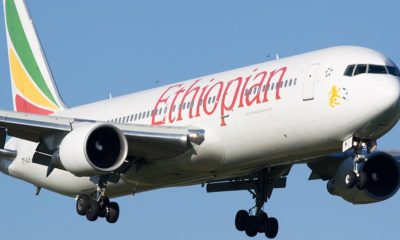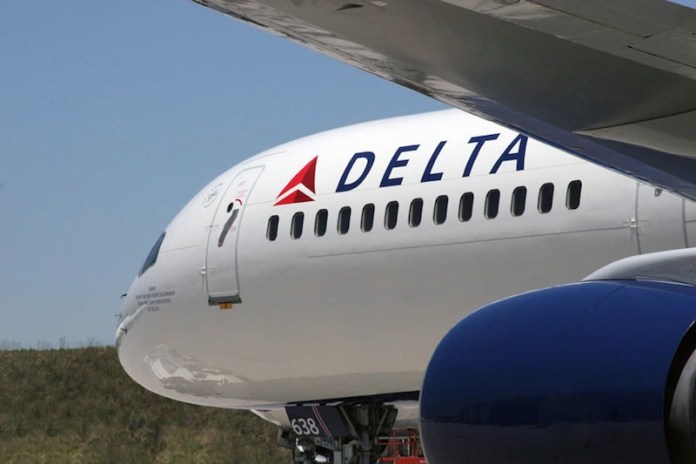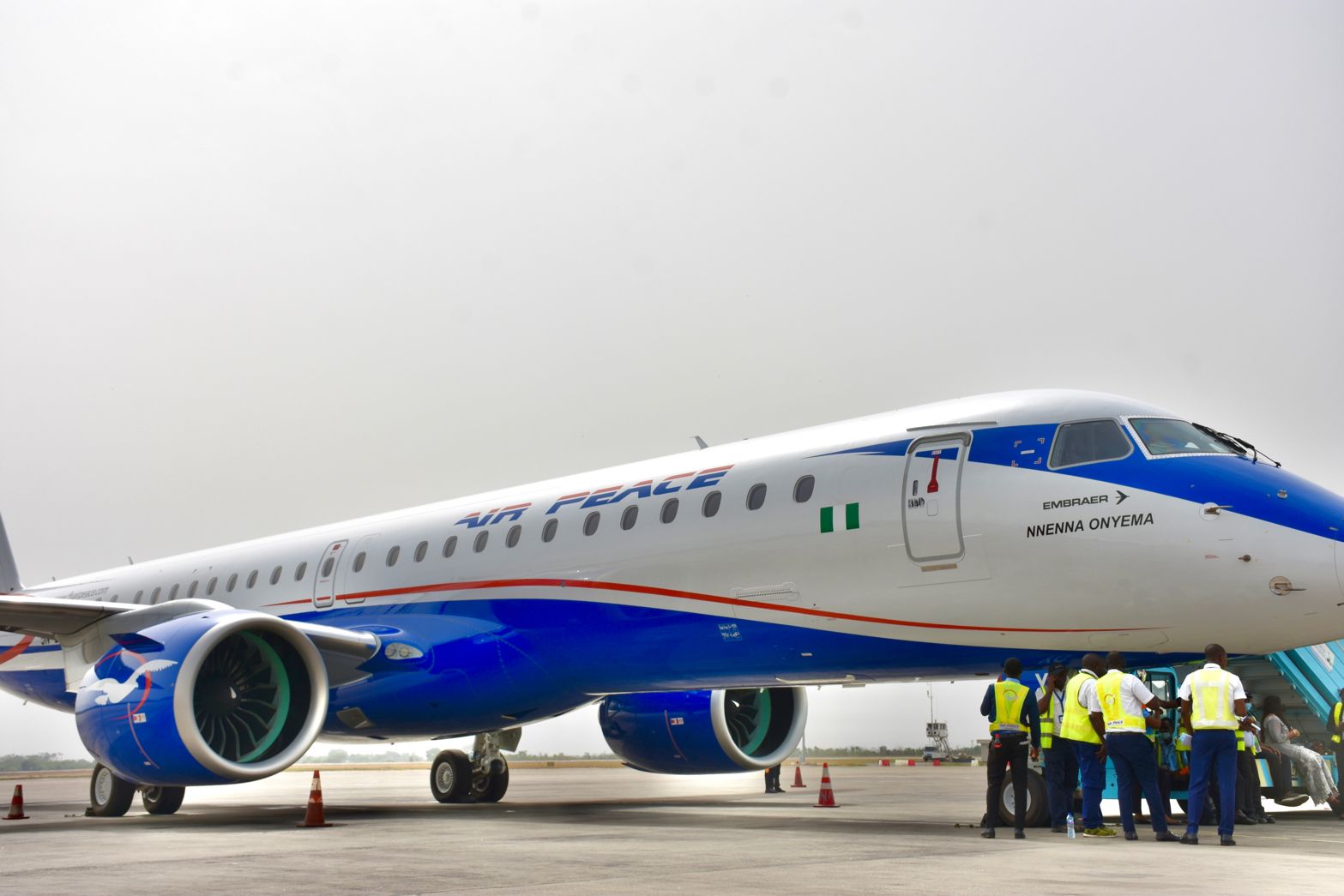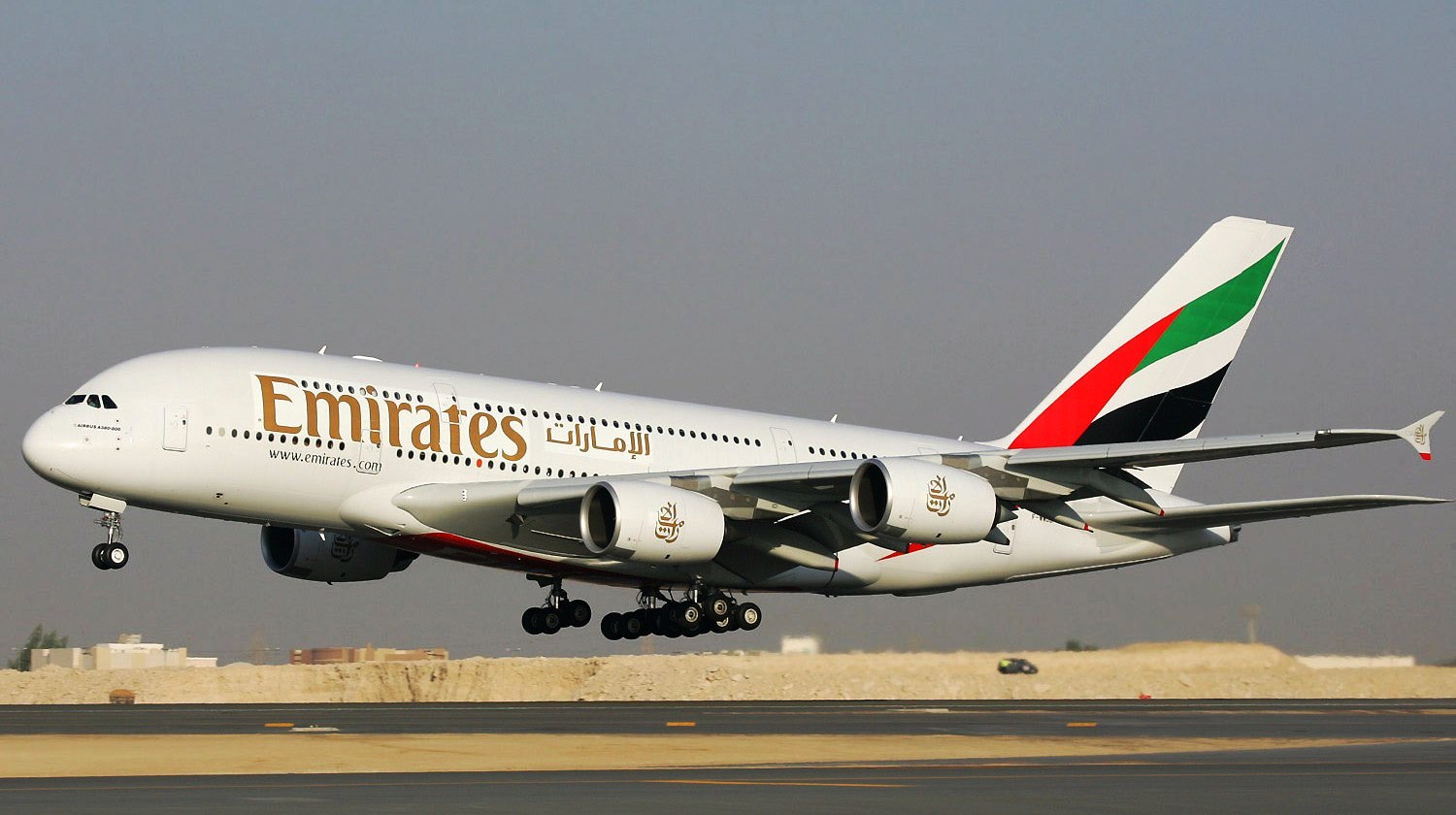Aviation unions have expressed displeasure over poor welfare of its members and the federal government’s non-compliance with its agreed conditions of service (CoS).
In view of this, aviation workers have resolved to withdraw from all air travel services and embark on an indefinite strike on Tuesday, February 8, 2022.
They stated that the government is yet to commence payment of minimum wage and consequential adjustment since 2019 as well as the conditions of service since 2013.
The unions involved include: National Union of Air Transport Employees (NUATE), Air Transport Services Senior Staff Association of Nigeria (ATSSSAN), Association of Nigeria Aviation Professionals (ANAP), Amalgamated Union of Public Corpòrations, Civil Service Technical and Recreational Services Employees (AUPCTRE).
According to a statement jointly signed by the executives of the aviation unions, all the ultimatums issued by each union to the federal government ended January 31, hence the strike action.
“As you are all aware, our Unions variously issued ultimatums to the Federal Ministry of Aviation and the six aviation agencies over the vexed issues of failure to release negotiated Conditions of Service of the Agencies since 2013 and non-implementation of Minimum Wage/Consequential Adjustment since 2019.
“All the ultimatums expired January 31, 2021, without the demands being met in any form. “The meeting called by the Federal Ministry of Aviation on the same January 31, 2021, did not resolve the issues as there was no clear assurance from the Ministry/Managements’ delegation towards meeting our genuine demands.
“In this circumstance, our unions are left with no choice but to take the next obvious step. In this regard, all aviation workers are hereby directed to commence the total withdrawal of services from midnight of Tuesday, February 8, 2022, unless, and until, otherwise directed in this same manner,” the statement read.
The unions called on aviation agencies to use the strike to make their demands known firmly and monitor its effectiveness.
“May we advise the managements of FAAN, NCAA, NAMA, NIMET, AIB and NCAT, in conjunction with the Federal Ministry of Aviation to utilise the one week window so provided to avert this huge crisis by prevailing on the relevant government agencies to act jointly to ensure that our twin demands are met.
“All Conditions of service of NCAA, NAMA, FAAN, NiMet and any other aviation agency pending before the Ministry of Aviation, National Salaries, Incomes and Wages Commission, the Office of the Head of Service of the Federation, or any other organ of government or Management of the agencies must be released wholly for implementation with the effective date of the signing of the agreement between our Unions and the respective agencies.”
The unions informed the general public that all aviation services will be suspended until the matters are fully resolved.

 Forex3 weeks ago
Forex3 weeks ago


 Naira2 weeks ago
Naira2 weeks ago
 Billionaire Watch2 weeks ago
Billionaire Watch2 weeks ago




 Naira2 weeks ago
Naira2 weeks ago




 Naira4 weeks ago
Naira4 weeks ago




 Naira2 weeks ago
Naira2 weeks ago


 Naira1 week ago
Naira1 week ago
 Banking Sector4 weeks ago
Banking Sector4 weeks ago























